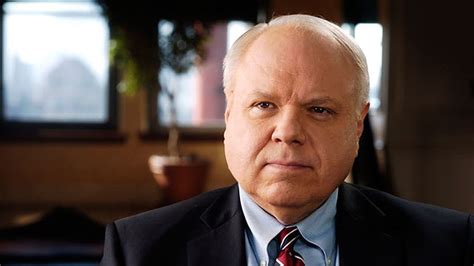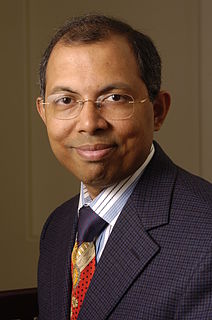A Quote by Monica Crowley
One thing about liberals: It doesn't even occur to them that there is another side to an argument. They are so convinced of the righteousness of their own position that it doesn't dawn on them that a reasonable person might have a different viewpoint.
Related Quotes
The compelling argument is on the side of homosexuals. We're Americans. We just want to be treated like everybody else. That is a compelling argument. And to deny that, you've got to have a very strong argument on the other side. And the other side hasn't been able to do anything but thump the Bible ... I support civil unions, I always have. All right, the gay marriage thing, I don't feel that strongly about it one way or the other.
Many of my sharpest critics have decided to take a position of ignoring me - because they feel that by attacking me, they would draw attention to my book and give me more publicity and help me sell more books. So I think that they decided that the best thing for them to do is to say nothing. Also, I think that some of my critics simply can't refute my argument - and so it's easier for them to ignore it as well, so that they're not forced to confront the logical contradiction in their own position.
Loneliness is a hard thing to handle. I feel it, sometimes. When I do, I want it to end. Sometimes, when you're near someone, when you touch them on some level that is deeper than the uselessly structured formality of casual civilized interaction, there's a sense of satisfaction in it. Or at least, there is for me. It doesn't have to be someone particularly nice. You don't have to like them. You don't even have to want to work with them. You might even want to punch them in the nose. Sometimes just making that connection is its own experience, its own reward.
If you and I are not having a dialogue, when you're having an argument, the reason the argument happen is because we are not listening to each other. Then, the argument comes in, but if we truly listen instead of hearing, argument will not happen. Then, we'll empathize, and then once the empathy kicks in, you will be much more inclining with my viewpoint and I'll be inclining with your viewpoint, and that's what is missing in organizations.
I submit my tongue as an instrument of righteousness when I make it bless them that curse me and pray for them who persecute me, even though it "automatically" tends to strike and wound those who have wounded me. I submit my legs to God as instruments of righteousness when I engage them in physical labor as service, perhaps carrying a burden the "second mile" for someone whom I would rather let my legs kick. I submit my body to righteousness when I do my good deeds without letting them be known, though my whole frame cries out to strut and crow.
Actions are held to be good or bad, not on their own merits, but according to who does them. There is almost no kind of outrage-torture, imprisonment without trial, assassination, the bombing of civilians-which does not change its moral color when it is committed by 'our' side. The nationalist not only does not disapprove of atrocities committed by his own side, he has a remarkable capacity for not even hearing about them.
I'm a product of the different - whether it be institutional racialism, whether it might be growing up in a low-income area, whether it might be, you know, coming from my mother, my father. I'm a totally different person from my mother and father, but once again I'm from them. We all have our different souls, but I'm from them.
The average person might articulate them differently, but we all think about interpersonal relationships in one way or another. Writers just express that in different ways and capture it in different ways. To some degree, we're all thinking about the same things. It's the zeitgeist. The trick, in a way, as a writer, is to hope that your interests in some sense link up with the culture around you.
































